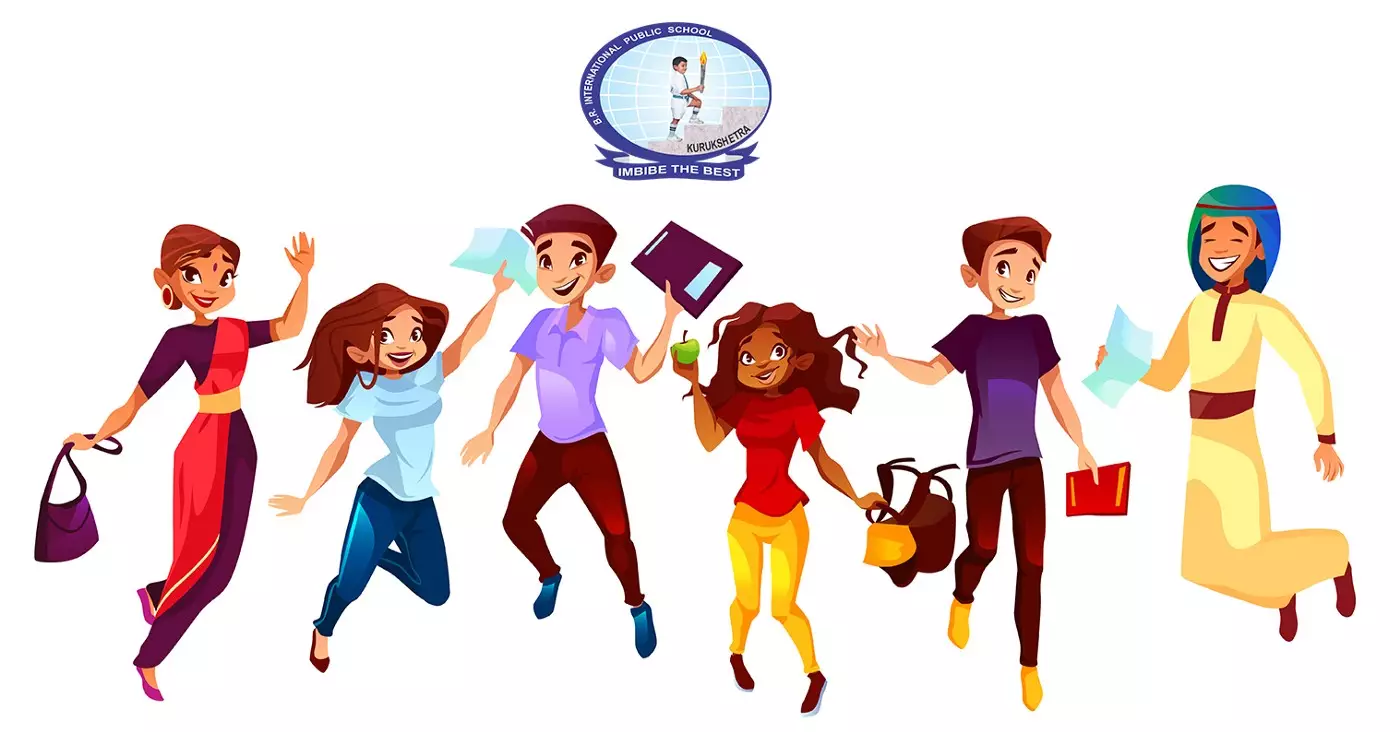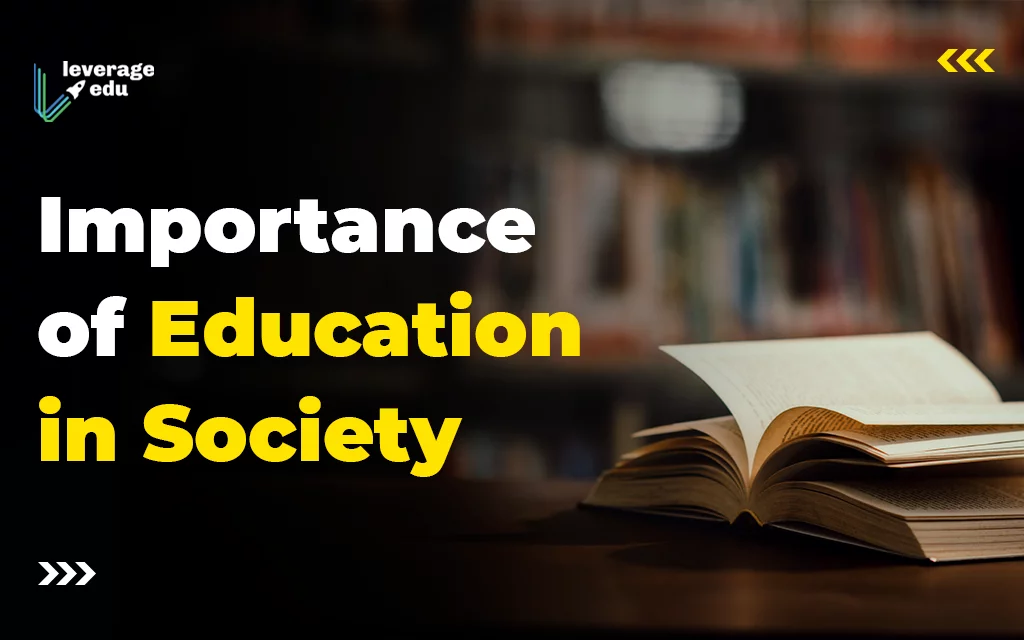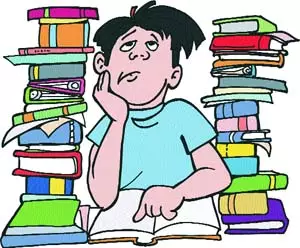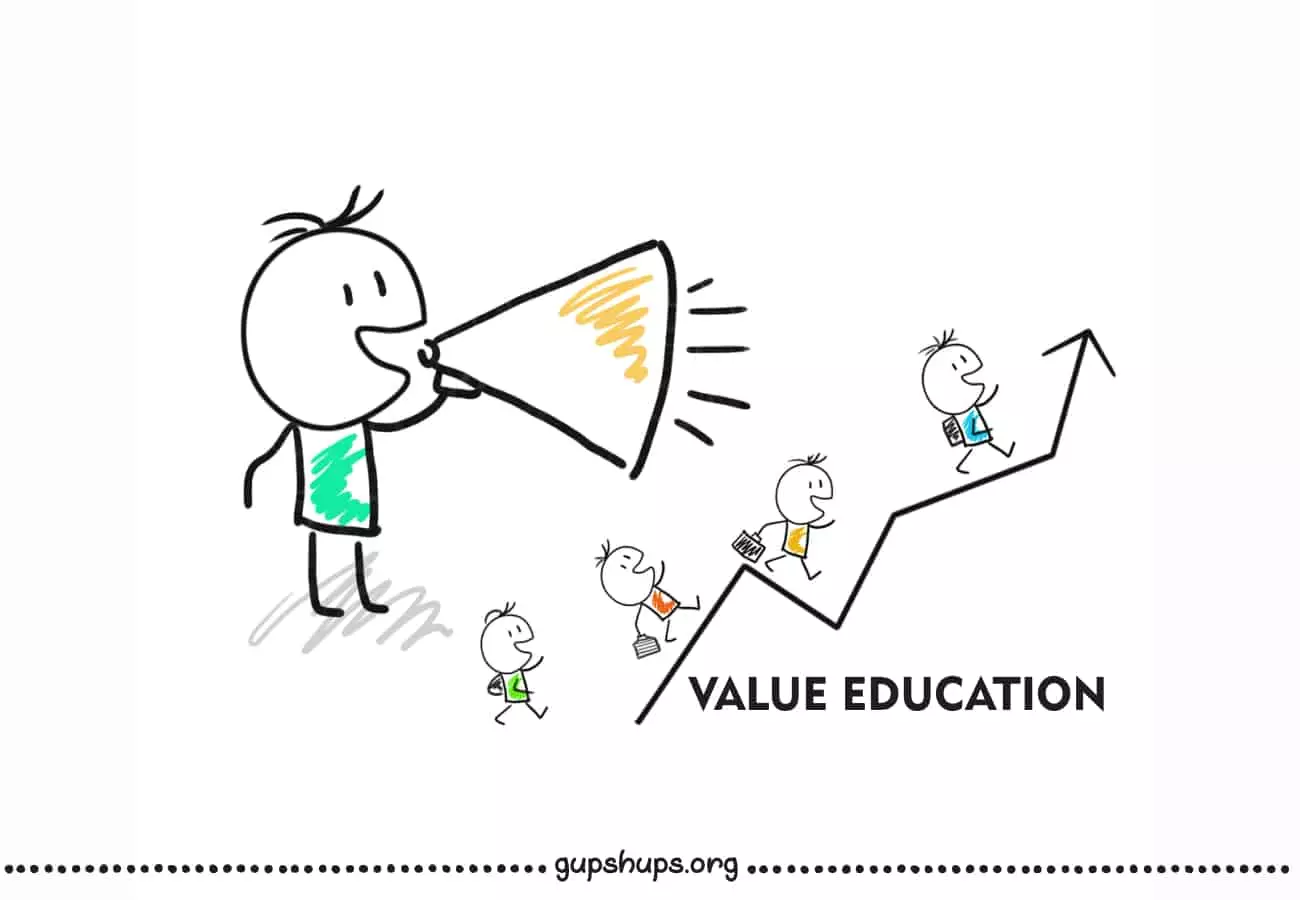Define the Western and Indian concepts of education.

Western and Indian concepts of education:
Education (also called learning, teaching or schooling) in the general sense is any act or experience that has a formative effect on the mind, character, or physical ability of an individual. In its technical sense, education is the process by which society deliberately transmits its accumulated knowledge, skills, and values from one generation to another.
Western and Indian concepts of the education:
According to the western concept, the western interpreters stressed on the growth and development of the individual in relation to his environment. Education is confined only to a few specific deliberate, planned, influences which have a bearing on the development of the child. There is a shift in the emphasis on national development from individual development.
Education is not only an instrument of social change but viewed as an investment in the national development. Great educational revolutions achieve great economic evaluations. On the other hand, the Indian interpreters stressed on human capacities i.e. mental, moral, social, physical and intellectual.
We should remember that literacy simply means to be able to read and write. Education, on the other hand, means to acquire knowledge to enhance one’s ability to reason and make sound judgement. However, when one is instructed to only view things in a certain manner, regardless of truth and facts, this is actually a form of programming not education. Education is absorption of knowledge while literacy is simply the ability to read.
Therefore, you can be educated but not literate but you can’t be literate but not educated. According to Plato, education lies in a heap in the corner of the classroom, its essence distorted and its meaning grossly misinterpreted.
Many of us tend to confuse literacy with education. We think that going to school makes a person educated. Literacy is being able to read and write. Education is much more than just that. To be educated is to be equipped with the ability of superior understanding of concepts, of problems and solutions, of development and progress. While many of us have been subjected to education, very few have understood its true purpose.





